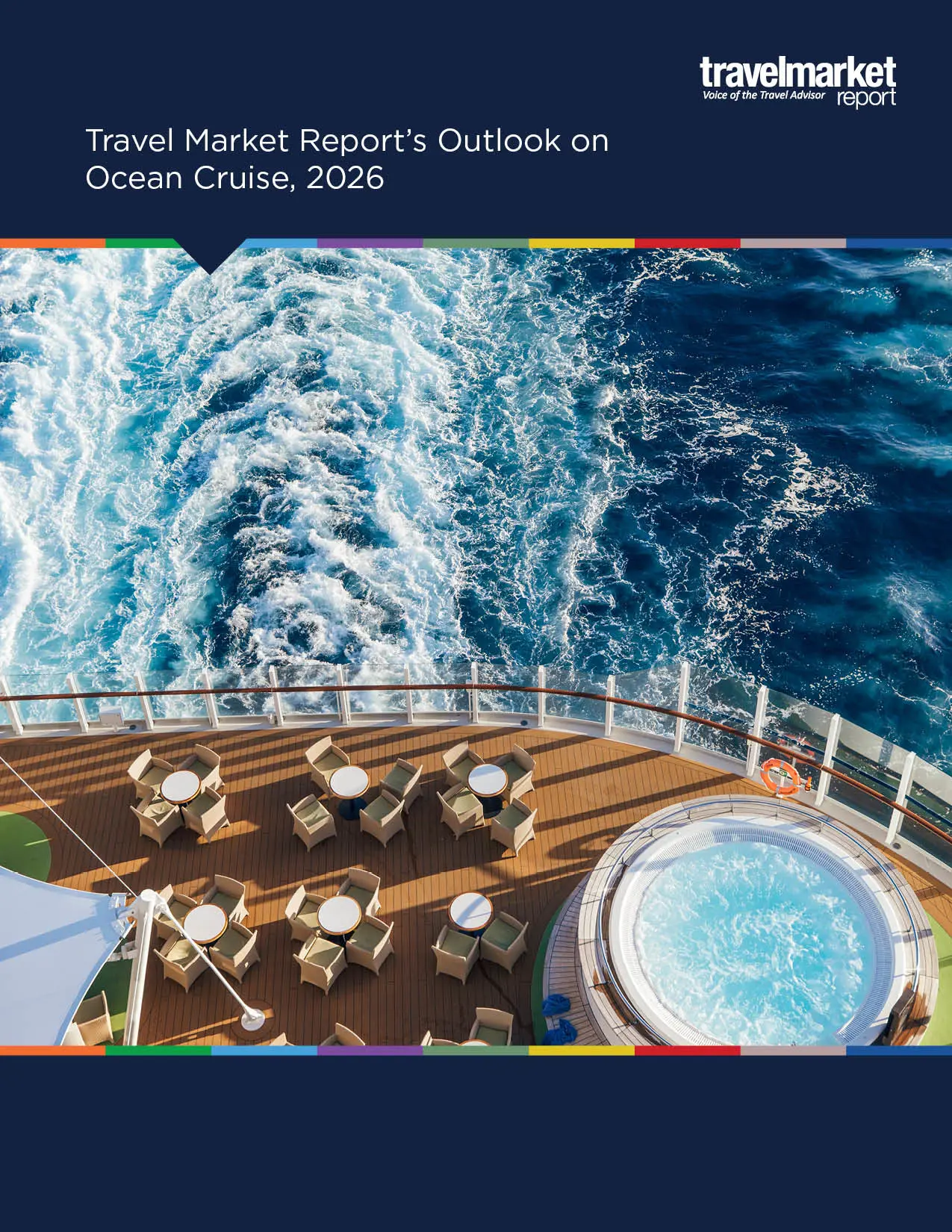Advising Clients in a Maskless Travel World
by Paul Ruden
The new federal mask rules are now in effect. Photo: Shutterstock.com
By now everyone in travel is likely aware that a federal District Court has declared invalid the “mask mandate” for travel. While it remains possible that the Biden administration will appeal the decision, the briefing, argument, and opinion drafting will take considerable time. In the meantime, the District Court’s opinion stands, and travelers are no longer required to wear masks in airports and on aircraft.
This news will be welcomed by some and viewed with disdain by others. Some travelers may elect to cancel or defer their travel plans rather than take what they regard as unnecessary risks as COVID cases are now rising once again in many communities.
It also is possible that the new environment will change somewhat the questions that travelers have of their advisors. Before the decision, the question was “do I have to wear a mask?” and the correct answer was “yes.” Now travelers may expand the zone, so to speak, and start asking for more specific advice. If so, advisors need to be very careful about what they say.
Travel advisors are not doctors or infectious disease experts and should avoid giving medical advice or risk-based advice about medical issues. On April 12, Dr. Leana Wen, a regular contributor to the Washington Post regarding COVID policy, argued against cities reinstating indoor mask mandates.
Her position was based on the fact that “Less than two months ago, the Centers for Disease Control and Prevention laid out new masking recommendations that changed the primary measurement from cases to hospitalizations and hospital capacity.” That change was based in part on the effects of vaccination among the population and the availability of new treatments that have limited the harmful impacts of COVID-19 on many people.
At the same time, COVID remains a threat to some classes of people, particularly those with compromised immune systems or other particular vulnerabilities to COVID. The generally accepted path forward now is based on individual decision-making about risk tolerance. That is a uniquely individual decision and one on which travel advisors should not engage.
The best advice, I believe, is to tell inquiring travelers that, considering the reality that many, perhaps most, travelers around them will be unmasked, they must decide about their personal level of comfort in traveling in such an environment. That decision should be made in consultation with their medical advisor(s) and their families.
If the client has already booked travel and wants to defer in light of the new ruling, certainly the advisor should try to assist in making changes while being sure the client understands the risks, including that pricing may change. I would hope that the airlines and other travel suppliers who have been lobbying for this change in national health policy, will be flexible and understanding if some travelers are no longer comfortable with previously made arrangements. As in the past, always be alert, and advise accordingly, regarding the uncertainty that refunds will be forthcoming promptly, as they should if flight plans are canceled completely.
Finally, as indicated in Travel Market Report’s summary of airline announcements on April 18, international travel is still affected by the rules of other countries. The court decision, therefore, has probably complicated the state of things rather than simplifying it. Travel advisors will remain critically important counselors for consumers trying to navigate the changing state of affairs inspired by COVID.
























